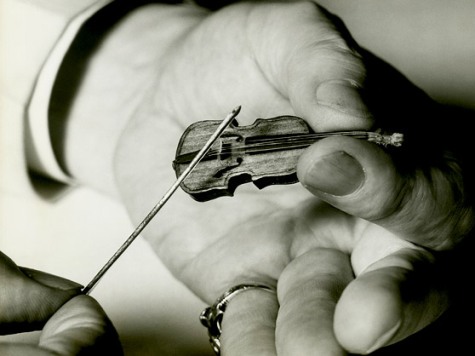You think carrying The State’s water is easy work? Think again, my friends. A study of 900 journalists done by the University of Kansas found that a full 22% of television journalists were facing burnout. Why, one morning show host complained that she was required to tweet three times every half-hour while she was on the air.
Imagine how difficult that must be with only ten-minutes of commercial breaks.
Reinardy surveyed nearly 900 working TV journalists about their job satisfaction, changing work requirements, perceived organizational support and whether they intended to remain in the business. Through questions that addressed exhaustion, cynicism and professional efficacy, the survey found that 22 percent of respondents showed signs of burnout in their work. As he suspected, respondents who reported higher levels of exhaustion also reported lower levels of organizational support, while those who reported higher levels of professional efficacy — or satisfaction in their jobs — reported higher levels of organizational support. …
It’s not just daily deadlines anymore, or hourly deadlines,” Reinardy said. “It’s every minute almost.”
Reinardy said one respondent, a morning show host, was required to tweet three times per half hour, even while doing her show. Being expected to do more in the same amount of time was a common response among those surveyed. The stress and cynicism that showed up prominently as classic signs of burnout are taking a toll as well. Of the 22 percent showing such signs, 80 percent responded “yes” or “I don’t know” when asked whether they intended to leave the business.
“Many said, ‘I can’t do this much longer,'” Reinardy said.
You can read the whole thing or just watch this:
—
—
Oh the hell-on-earth of a dream job that requires you to constantly produce content and meet deadlines. It is just unimaginable — unless of course you are a waitress, truck driver, salesman, bricklayer, mechanic, Walmart cashier, or work anyplace that resembles the real world — especially during Obama’s “recovery.”
Maybe the University of Kansas can next do a study of movie stars unhappy with the size of their trailers.
Follow John Nolte on Twitter @NolteNC

COMMENTS
Please let us know if you're having issues with commenting.